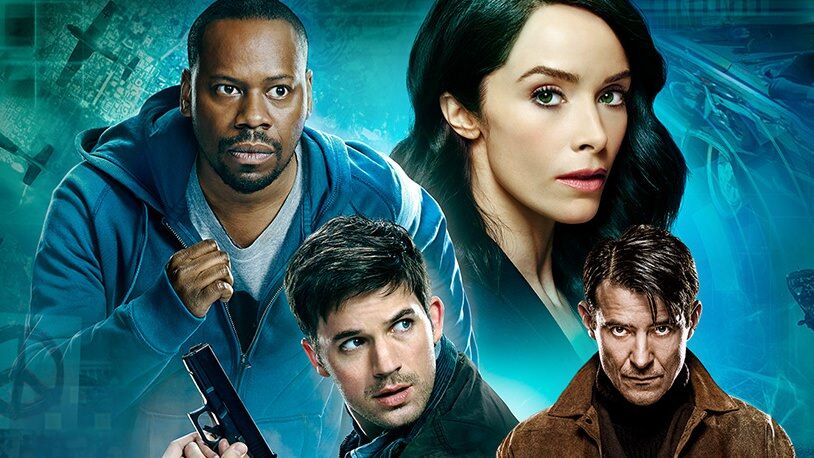In an ever-evolving world of technology and entertainment, the concept of “TV time travel” has become more than just a catchy phrase. It’s an exciting journey that takes us back to the roots of television, propels us into the present, and even offers a glimpse into the future. Let’s embark on this captivating voyage together.
The Television Revolution
Television’s inception in the early 20th century marked a revolution in the way we consume entertainment. From the mechanical televisions of the 1920s to the iconic black and white sets of the 1950s, understanding the historical evolution of TV is like stepping into a time machine. These antique devices, often overshadowed by their modern counterparts, tell a unique story.
Exploring the historical significance of TV, you’ll encounter terms like “Nipkow disk” and “cathode-ray tube,” inventions that paved the way for the screens we know today.
The Modern Age of Streaming
Fast forward to the present, where we find ourselves amidst a digital renaissance. Streaming services have transformed the way we watch TV. Names like Netflix, Hulu, and Amazon Prime have replaced traditional cable subscriptions. With words like “binge-watching” and “cord-cutting” becoming part of our everyday vocabulary, TV time travel means embracing a plethora of options.
Understanding the intricacies of streaming technology and the algorithms that recommend your next favorite show can be mind-boggling. Unraveling this modern marvel unveils a world of data analysis and user preferences that shape our viewing experience.
Virtual Reality and Beyond
As we delve deeper into the concept of TV time travel, we can’t ignore the tantalizing glimpse of the future. Virtual Reality (VR) and Augmented Reality (AR) are pushing the boundaries of what television can be. With VR headsets and AR glasses, we can immerse ourselves in a 360-degree TV world, allowing us to interact with characters and environments.
AI-driven content creation and customization are poised to revolutionize the industry. With terms like “deep learning” and “neural networks” defining the future of TV. Our experience is set to become more personalized and immersive than ever before.
The Unforgettable Moments
No journey through TV time travel is complete without revisiting iconic shows and memorable moments. Whether it’s the moon landing, the “I Love Lucy” chocolate factory scene, or the emotional rollercoaster of “Breaking Bad.” TV has given us countless unforgettable moments that transport us back in time.
This nostalgia connects generations, making TV an integral part of our cultural history. Discussing the impact of these timeless shows on society can be both heartwarming and enlightening.
Conclusion
In the realm of TV time travel, we’ve witnessed the profound evolution of a medium that’s been a constant companion in our lives. From its humble beginnings to the limitless possibilities of tomorrow, television continues to redefine itself.
Our journey has touched upon the historical underpinnings, the streaming revolution, and the exciting potential of VR and AR. While we cherish the past and embrace the present, the future of TV holds the promise of thrilling adventures.
In the end, TV time travel is not just about what’s on the screen; it’s about the stories, technology, and experiences that transport us through time. It’s a journey worth taking, time and time again.

